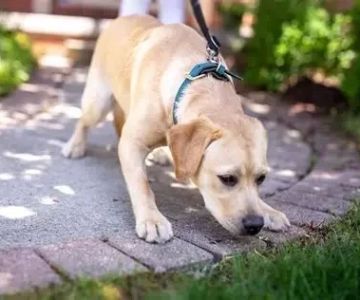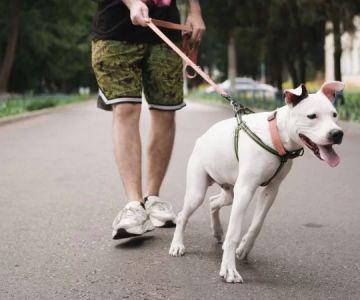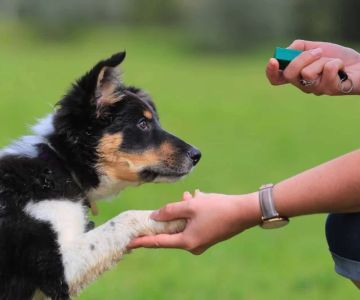- 1 - Training a Senior Dog: Is It Too Late to Start?
- 2 - Expert tips every owner should know for older dogs
- 3 - Real-life stories of senior dogs learning new skills
- 4 - Common challenges in senior dog training and how to overcome them
- 5 - Where to get professional guidance for senior dog care
Training a Senior Dog: Is It Too Late to Start?
Many owners ask, “Training a Senior Dog: Is It Too Late? Expert Tips Every Owner Should Know”. The truth is, it’s never too late to teach an old dog new tricks. While puppies are known for their sponge-like learning ability, senior dogs can also adapt — sometimes even more quickly because they are calmer and more focused. Training isn’t just about obedience; it’s also about mental stimulation, strengthening the bond between you and your pet, and supporting their overall well-being.
Veterinarians emphasize that training in a dog’s later years can keep their mind sharp, improve mobility, and reduce anxiety. Even simple skills like recall, leash walking, or hand signals for hearing-impaired dogs can transform daily life for both the pet and the owner.
Expert tips every owner should know for older dogs
When training a senior dog, patience and adaptation are key. Here are some expert insights:
1. Adjust training methods: Senior dogs may have physical limitations like arthritis or hearing loss. Use softer treats, lower-impact exercises, and visual cues if needed.
2. Keep sessions short but consistent: Older dogs may tire easily, so frequent five-minute sessions often work better than long drills.
3. Focus on practical skills: Teaching an older dog to wait at doors, walk calmly on a leash, or respond to hand signals can make everyday life easier and safer.
4. Reward-based training: Positive reinforcement is especially effective. Treats, gentle praise, or toys can motivate senior pets while keeping the process enjoyable.
Real-life stories of senior dogs learning new skills
Countless stories prove that age is no barrier to learning. One popular online case involved a 10-year-old Labrador who learned to navigate agility equipment after his family introduced short, low-impact exercises. The videos went viral, inspiring other dog owners to give their older pets a chance to shine.
Another heartwarming example is a senior rescue dog who, despite past trauma, learned to trust people through basic training. This not only improved his behavior but also helped him find a forever home. These stories illustrate the emotional impact training can have, turning challenges into opportunities for connection and growth.
Common challenges in senior dog training and how to overcome them
Senior dogs may face unique obstacles during training. Joint stiffness can limit their ability to sit or lie down quickly, so owners may need to adapt commands with more comfortable alternatives. Cognitive decline can slow memory, but repetition and patience usually help. Hearing or vision loss can be addressed by using hand signals, touch cues, or scent-based commands.
Some owners also face frustration when progress is slow. It’s important to remember that consistency is key, and even small improvements deserve celebration. Training should be seen as a way to enrich your dog’s life, not as a competition with younger pets.
Where to get professional guidance for senior dog care
If you’re wondering how to tailor Training a Senior Dog: Is It Too Late? Expert Tips Every Owner Should Know to your pet’s unique needs, expert advice is invaluable. At Hidden Brook Veterinary, you’ll find professional support for training, wellness, and senior dog care. From health checks that ensure safe exercise routines to customized training recommendations, Hidden Brook Veterinary helps every owner give their older dogs a happier, more engaged life.











